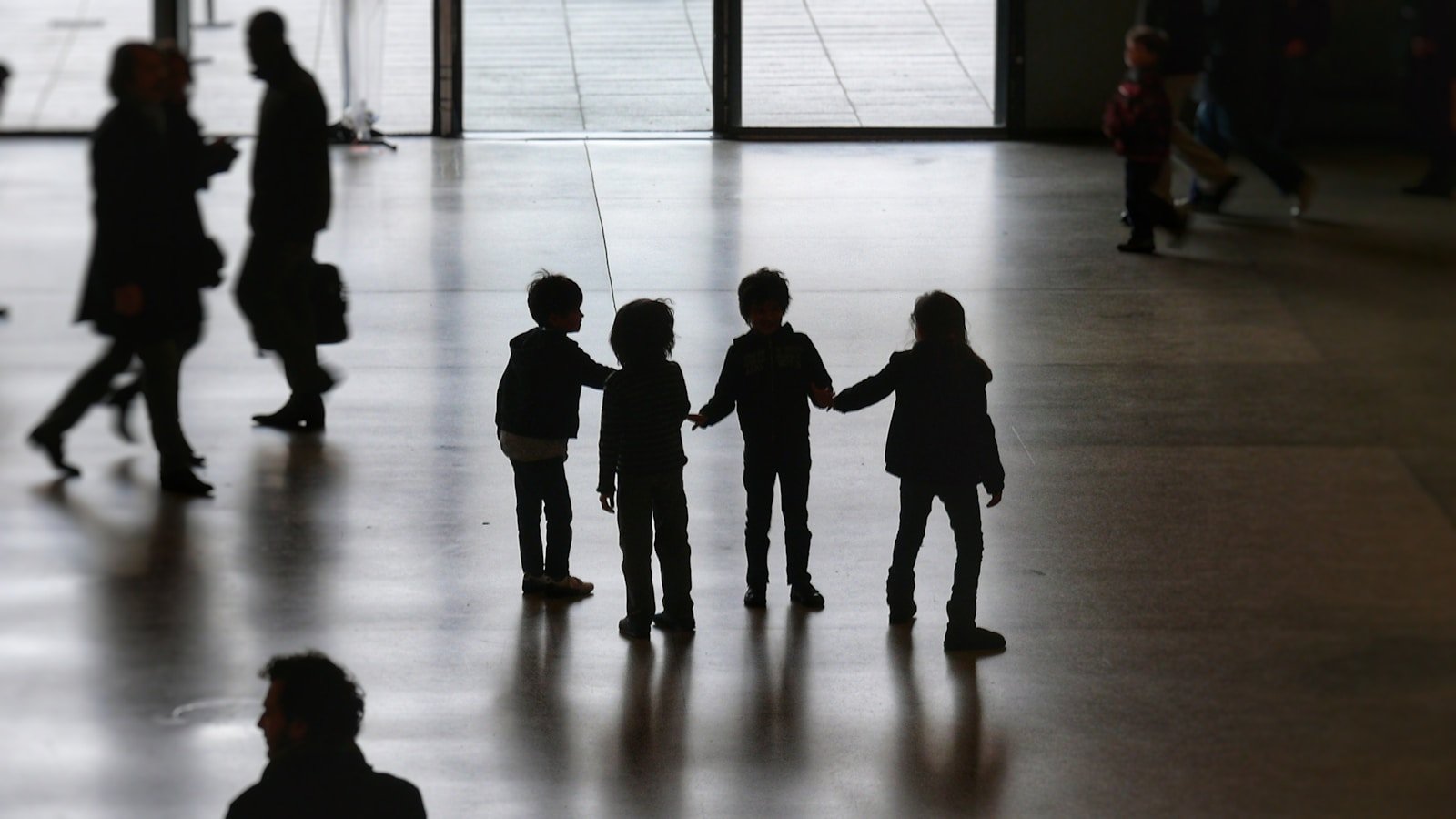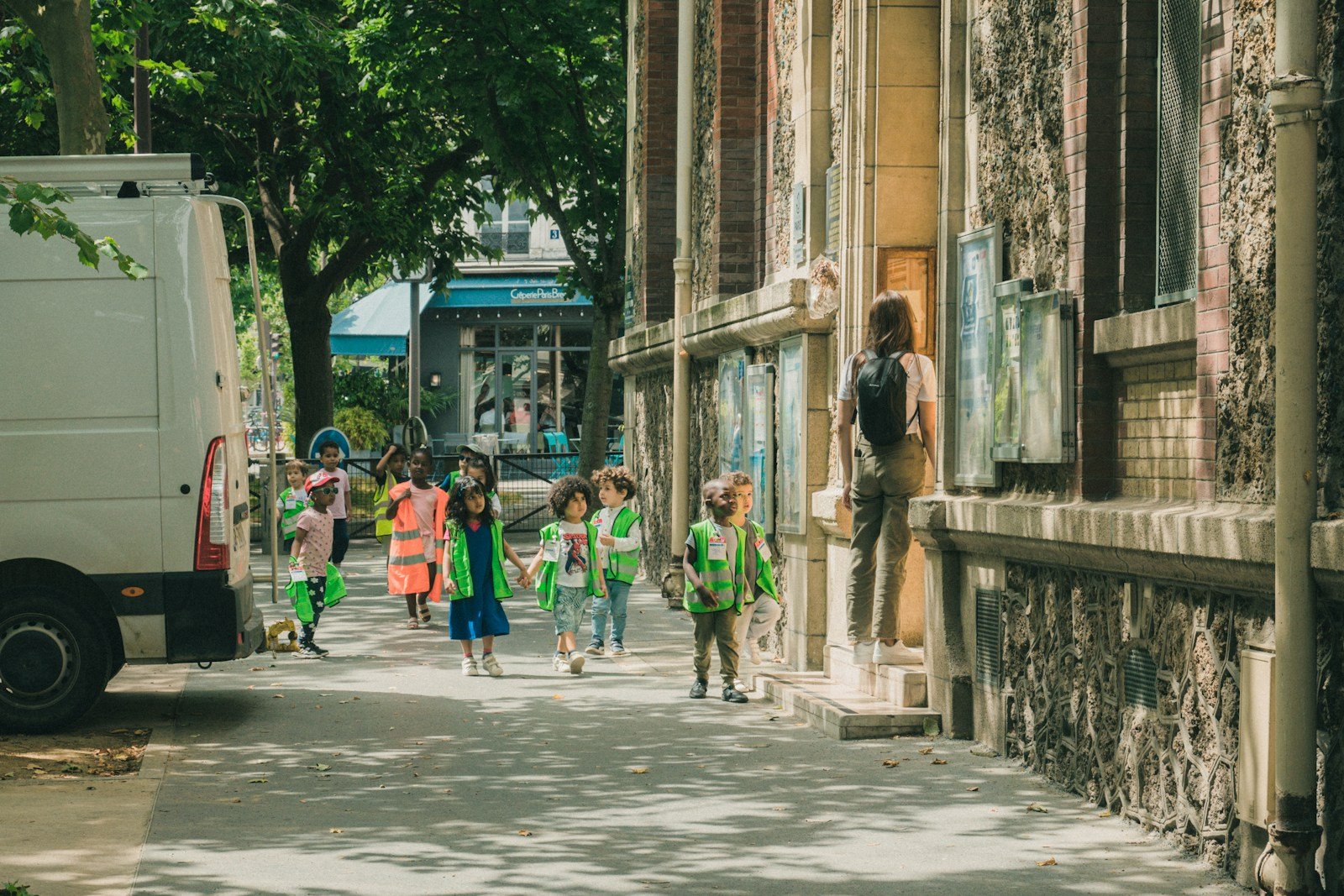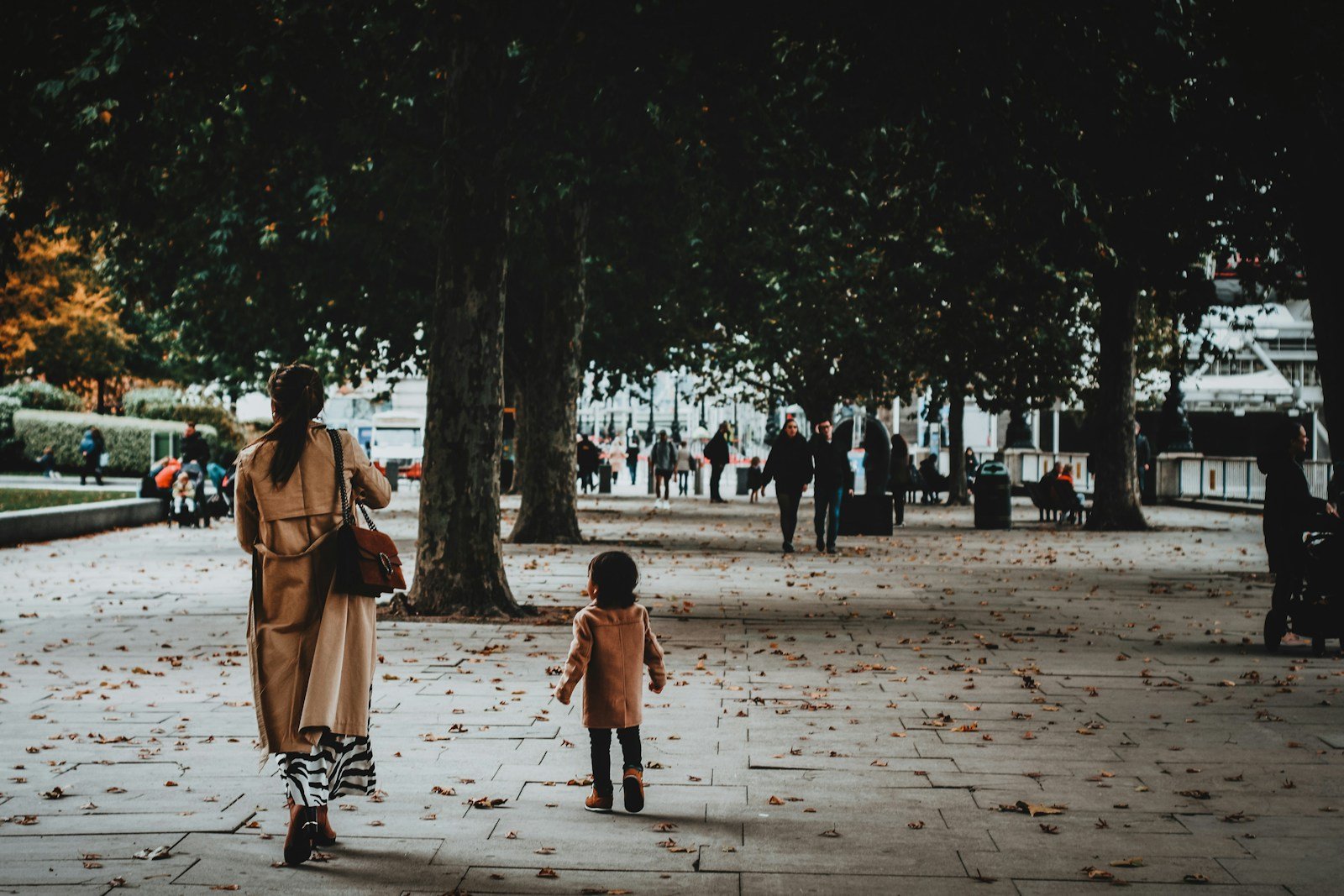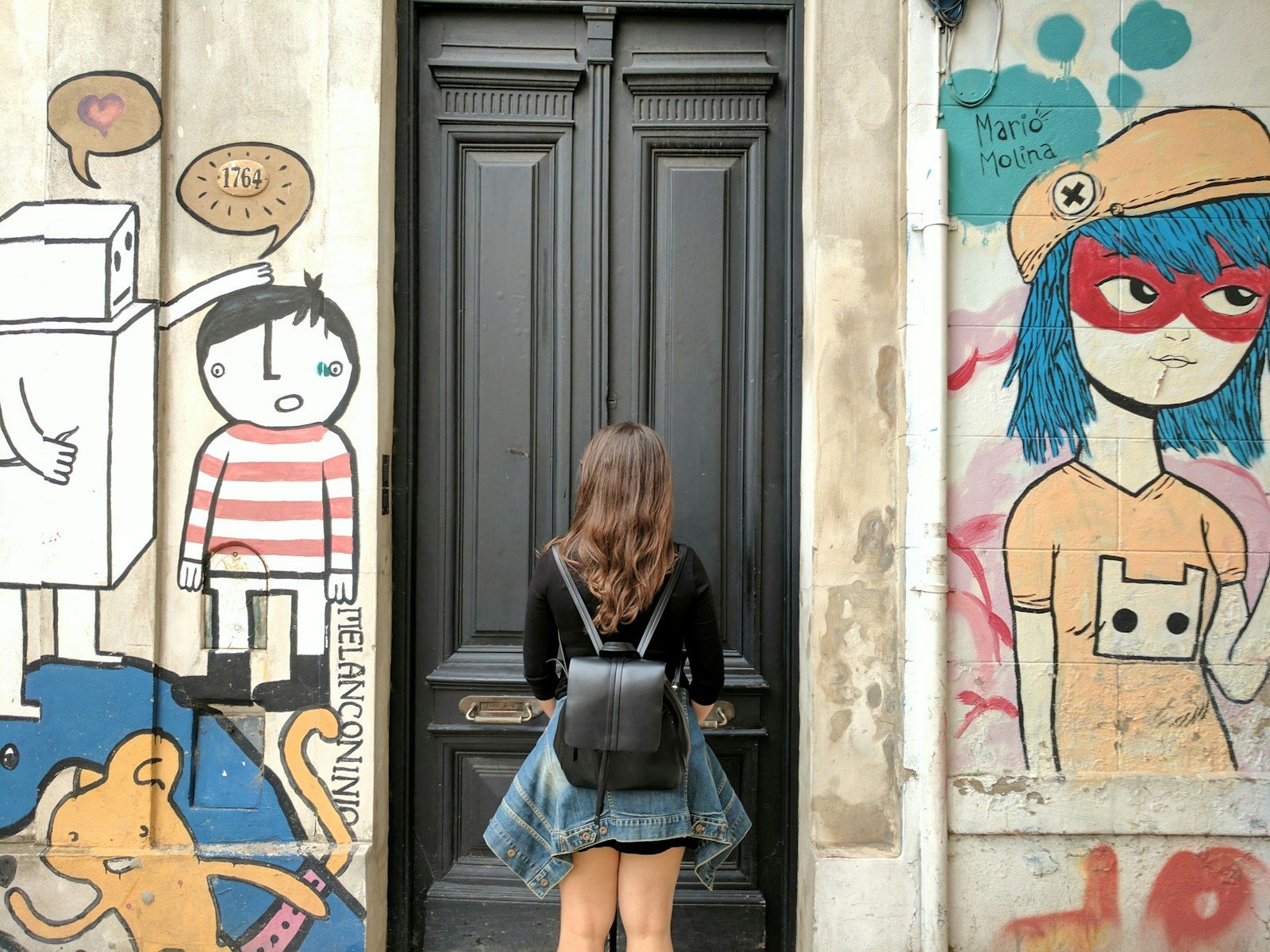French Lessons: An American Family Goes to School in Paris

When we decided to move to France, one of the biggest decisions was where to send our kids to school. International bilingual? (Too expensive.) Private Catholic? (Too Catholic.) American Montessori? (Too American.) Public French school? (Perhaps too…French?)
We opted for total immersion in our neighborhood maternelle, the French equivalent of preschool + K. And so our adventure in French schools began. What we’ve found has been a cultural education in itself, surprising, occasionally maddening and enlightening all at once.
5 Things We’ve Learned About School in Paris

School is Free
For Americans and Brits accustomed to shelling out thousands for private education, this was a most welcome change. No more paying hundreds of dollars (if not more) per month for our three-year-old to attend morning preschool. No more monthly kindergarten fee (even at the local public school). School was free! It was hard to imagine.
The Napoleonic Dream
The French system is indeed rigid, disciplinarian and devoted to the teaching method envisioned by Napoleon. Kids are not so much taught as trained – to absorb information by memorization and dictation with an eye toward shaping little French citizens. Where was the individuality? Creative problem solving? These were American constructs with no place in a system with only two answers: right or wrong. Hmm.
Le Menu de la Semaine
The state-sponsored lunch service (“la cantine“) surprised and delighted us with its weekly menus rivaling a Michelin-starred restaurant. A sample daily menu, including four courses, might include:
Salade de pomme de terre/tomates; Escalope de poulet à la crème; Duo carottes / salsifis; Yaourt aromatisé poire; Pain / fromage; Jus de pomme
At least one day per week is strictly bio (organic). And no menu is complete without the daily “suggestion du soir,” the recommended dinner selection to prepare at home to complement that day’s dejeuner. The scene at the cantine is something to behol. Groups of preschoolers sit at small round tables, their place settings complete with porcelain plates, bowls and glasses. They spend no less than 45 minutes a day à table. Just like the States, non?

Becoming bilingual
From day one, our kids’ American-ness made them curiosities, especially my son who had no trouble initiating play that rendered verbal communication superfluous. Chasing, growling and wrestling required little more than a grin and before long, he was greeted each morning by excited shrieks of, “Cole! Attrapes-nous!” (Catch us!)
Simple skills and phrases came quickly, like “ca c’est à moi,” (that’s mine) and Cole’s personal favorite, “A L’ATTAQUE!” (Attack!), which he would yell while brandishing a styrofoam sword, careening down the halls of our apartment.
A year later, both kids are nearly bilingual and speak French with no trace of an American accent. Although we speak English at home, they often play and interact in French, something that has taken me quite by surprise. They come home with new French songs and playground taunts and even know some French words they haven’t yet learned in English. I realize that not only are they becoming bilingual; they are actually becoming culturally French. They may even someday need tutoring in their native tongue.
French or folly?
Some of it strikes me as plain silly. On days the kids have gym, for example, parents are told to send along a change of clothes, “since you wouldn’t want your children wearing gym clothes all day.” My son was once forced to sit on the sidelines because his pants (cotton chinos) were deemed inappropriate for sport. The school’s extracurricular activities are different, too: English, Chess, Mime. Really.
Yet they’ve taken several field trips that have been world-class: The Pompidou Center; Musee Bourdelle (including a visit to the on-site atelier where the kids created their own sculptures); and a nearby school for the deaf where students were introduced to learning for functional needs. These strike me as profoundly Parisian and enriching in a way that no education they’d get at home could be.

Despite it all, I still worry. How will their creativity, individuality and spontaneity thrive in a system that prizes conformity and competition? Will they retain what’s best about the U.S. – its optimism, energy and entrepreneurial spirit – as they become day-by-day des petits francais? But then my son brings home his poetry notebook and recites something wonderful he has learned by heart. At those moments, I’m grateful for our very French education.
RELATED LINKS
- Wondering how French and American parenting differs? Here are 4 lessons learned from French parents.
- Finding the perfect nanny in Paris is just as challenging as in the US.
- Are Parisians rude? Maybe. But impolite? Never.
Written by Paige Bradley Frost for the HiP Paris. Dreaming of buying property in France but don’t know where to start? Looking for off market-deals? Intimidated by searching in a foreign language? Found an apartment you’re dying to view? We’re excited to announce our new property search service. Our expert team helps you secure the perfect home. We connect you with top professionals for every step of the process—from search to purchase. Contact us at info@hipparis.com to get started.








